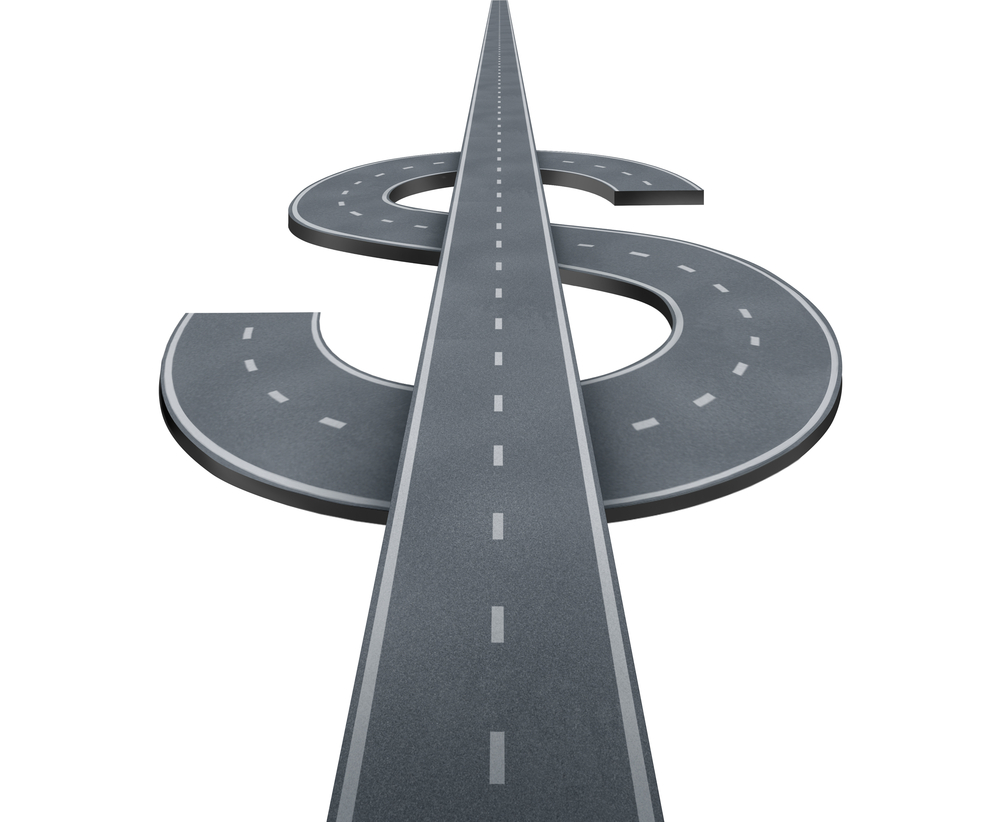
A report presented by the National League of Cities (NLC) this week aims to fix road funding through the establishment of Road User Charge (RUC) systems — more commonly known as roadway use charges.
The report, “Fixing Funding by the Mile: A Primer and Analysis of Road User Charge Systems,” seeks to help local leaders navigate implementation and support the larger transportation infrastructure. Specifically, its methods propose a turnaround to reliance on the Highway Trust Fund, which is set to run out in 2021. As others sift through means of making up the balance, NLC believes RUC systems are the practical solution.
“Having safe, reliable infrastructure is a priority for every single local leader,” Karen Freeman-Wilson, mayor of Gary, Ind., and NLC president, said. “Investing in infrastructure means investing in the people in our communities. By piloting new technologies like road user charge systems, local leaders have the opportunity to find ways to sustainably and equitably fund infrastructure.”
In 2016 alone, 3.2 trillion miles were driven on U.S. roads. Even as more people hit the road, gas tax revenues are expected to fall in coming years as electric vehicles gain traction, meaning that infrastructure will lose one of its traditional funding sources. The NLC said RUC systems would counter that trend. The key to implementing them, however, will be collaboration, state legislative buy-ins, understanding of public opinion and the ability to provide the public with options.
“The mobility landscape is changing: Driverless cars, electric vehicles, e-scooters and even robots are coming to our streets. But we still haven’t fixed our nation’s infrastructure,” Brooks Rainwater, senior executive and director for NLC’s Center for City Solutions, said. “We all deserve safe roads and bridges, clean drinking water and access to broadband. Ultimately, city leaders will be the ones to usher in the innovative, forward-looking systems to get us there.”